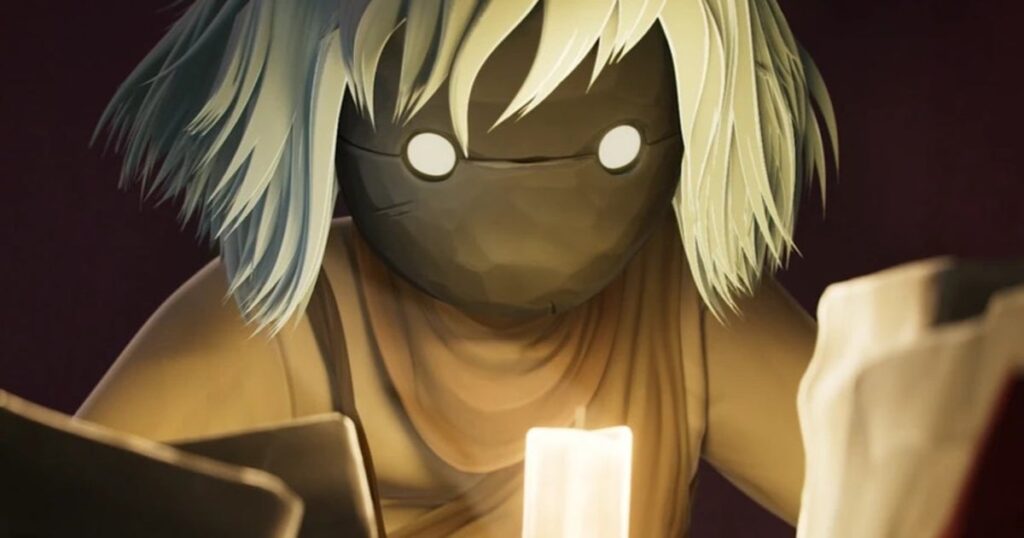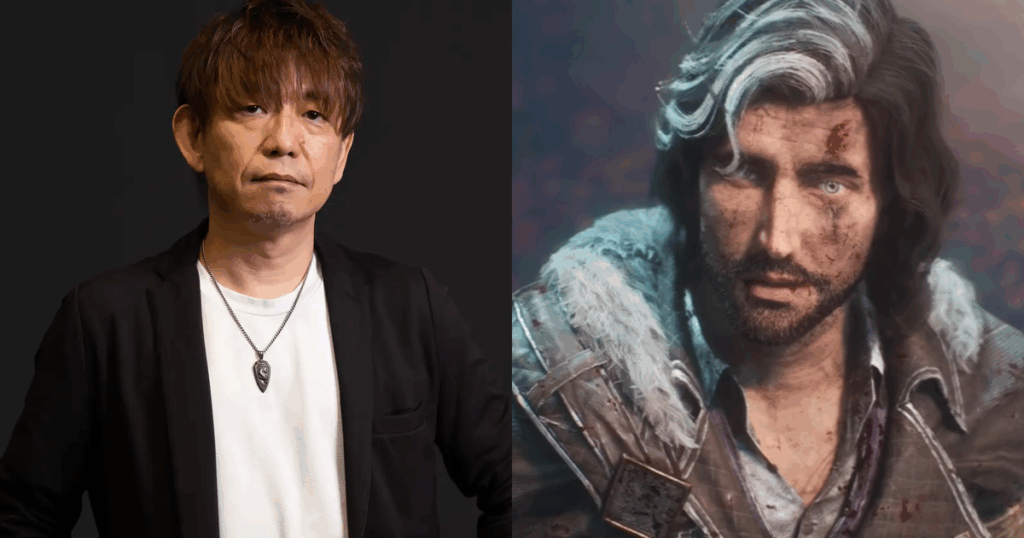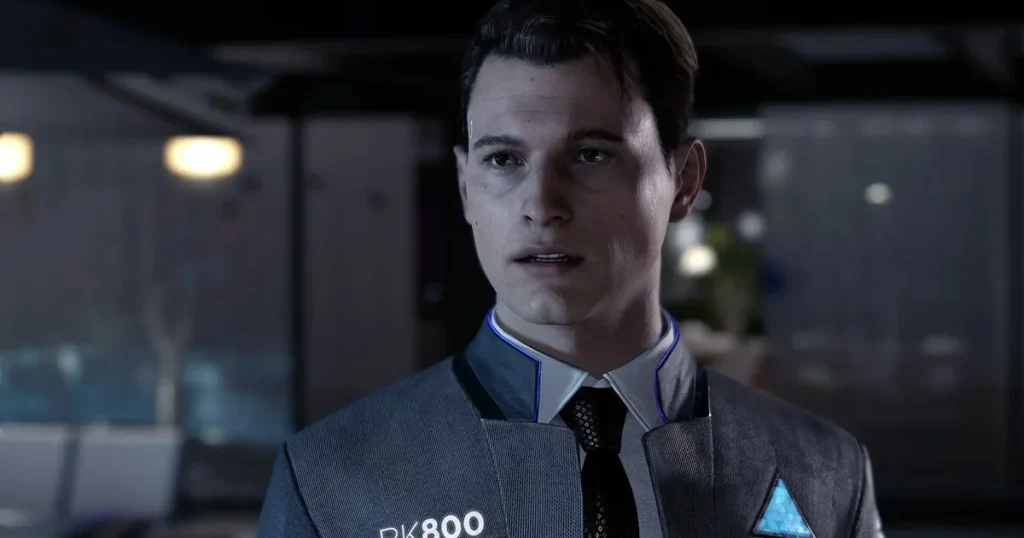The weather was glorious in Brighton this week. The beating sunshine helped to lift the whole mood of the Develop conference, and the pavement outside the Hilton Metropole was packed with busy networkers donning sunglasses and hailing old friends.
Develop shows no sign of losing its status as the crown jewel of the UK games conference scene, and the talks were as varied and interesting as ever. The introduction of a day of presentations dedicated to performance was a particularly welcome move, underlining the increasing importance and recognition of acting in games, with Jane Perry on keynote duties.
But it was another keynote – Build What You Have: Rethinking Studio Sustainability in 2025 – that got to the heart of the nagging anxiety lurking beneath Develop’s sunny exterior. Sustainability is now the industry’s watchword, while the oft-repeated mantra ‘survive to 2025’ has simply become ‘survive’.
The Thursday keynote from Code Coven’s Tara Mustapha immediately addressed what everyone has been thinking.
“So, 2025, what a time to be alive. If you asked me five months ago how to start a game studio, I would have given you one answer. Five weeks ago, a completely different one. Five days ago, a completely different one. Everything keeps on changing.”
The last reference, of course, is to the sweeping redundancies at Microsoft last week – a topic that was on everyone’s lips at Develop.
Tuesday’s triumphant keynote from MachineGames’ Jens Andersson and Pete Ward on the making of Indiana Jones and the Great Circle – delivered to a packed hall – no doubt had some of the shine taken off it by the numerous redundancies announced just days earlier at MachineGames’ Microsoft-owned parent company, Bethesda.
Mustapha highlighted the funding crisis that has gripped the industry since 2022, meaning that developers can no longer simply rely on a pitch and the team’s experience to receive funding. Instead, funders are demanding to see a prototype, or a vertical slice. “Pretty soon you will need to have finished the game before you can get funded,” she quipped.
“It feels like there’s a guillotine hanging over our heads,” she continued, listing the worries being voiced by friends in the industry. “When will it stop? What’s the future look like, and what if this is the new normal?”
The latter was a particularly pressing worry for many of the people I spoke to: the increasing sense that rather than being a temporary downturn, the economic malaise that has crept across video games over the past three years is a sign of an industry reaching maturity, with no space left to grow. That we are in the middle of a reset.
“I don’t have a magic fix. I don’t have a silver bullet.”
Tara Mustapha, Code Coven
Mustapha admitted that it was a challenge to put together a presentation that was in any way inspirational.
“I know that some of you walked into this room today looking for answers, and unfortunately, some of you might be looking for something that saves your studio,” she said. “So I want to be honest with you, I don’t have that. I don’t have a magic fix. I don’t have a silver bullet.”
Instead, she offered to outline a change of mindset, a pivot to a kind of strategic resilience that makes the most of the limited resources available. “It’s the mindset of the modder, of the hacker,” she said.
One strategy literally involved modding: in other words, using modding tools for existing games to make rough prototypes quickly and cost-effectively.
Another strategy was perhaps more bleak. It involved taking advantage of ‘fractional roles’, where people have jobs across multiple organizations. In other words, taking on people part-time rather than full-time.
“Due to the absolutely massive amount of layoffs that have happened globally,” said Mustapha, “there is also now a growing pool of experienced professionals who aren’t tied down by restrictive contracts with big studios, who are available to share their knowledge and expertise, and they’re open to part-time engagements, equity splits, rev share, and that means you can tap into high level experience insights without taking on full-time salaries.”
At the end of the talk, I asked Mustapha whether it wasn’t a little depressing that highly experienced people are now almost having to beg for work. Did she feel that’s the kind of world we’re in now?
“No,” she replied, “simply because I think it’s an interesting reposition of power, in a sense.”
“If you’re going out there and you’re getting to experience different teams and different ways of working as a fractional person, you’re going to have a wealth of knowledge that is going to be invaluable. So I think it’s kind of just trying to reframe that.”
“The liberty that we have as fractional people […] means that we get to have a wealth of experience and see behind closed doors that we wouldn’t actually have the privilege of doing.”
A positive spin, perhaps, on an industry where full-time roles are becoming harder to find. The underlying message is that we all have to adapt, to muddle through, to find a way to exist in a new age in which funding is hard to come by, and growth even more so.

Yet the sun still shined, and the parties still raged across Brighton. And amid the gloomy messaging, there were points of hope. UKIE head Nick Poole, in his summation of the conference, noted that although the big picture remains bleak, individual companies have been able to adapt and thrive.
“Recent layoffs have dispelled any thoughts of large-scale recovery for the next little while, investment is still hard to find and when a game does reach market, it has to fight hard for attention.”
“But on a micro, company-by-company level, the picture is slightly different. I have met people here in Brighton that are doing deals, finding new money in unexpected places and new ways to reach players through non-traditional channels and platforms.”
He concluded that although it was too early to say it was a recovery, “it certainly feels like an industry that is gearing up for a recovery”.
The announcement of the pleasingly representative UK Video Games Council was also a bright spot in the middle of the conference. But it was Remedy’s Sam Lake who provided the lasting memory of Develop:Brighton 2025, with an acceptance speech for the Develop Star Award that acknowledged the industry’s troubles, but encouraged compassion, empathy and adaptability.
“There have [sic] been a lot of bad news in the games industry – layoffs, projects cancelled and studios closed,” he said. “And because of that it is all the more important for us to gather here and keep making games. Making beautiful, meaningful experiences to push this artform forward.”
He acknowledged that the art and business sides of making games didn’t always see eye to eye, and that it is easy to become angry or cynical. But he emphasised the importance for artists to understand the reasoning behind business decisions.
“What I find is that those limitations are what forces us to be creative”
Sam Lake, Remedy Entertainment
“When someone tells us ‘no’, we get angry. It feels arbitrary, unreasonable. That’s how it feels when there is no communication. We must understand to collaborate. We must ask ‘why’, and know only when we get the answer and understand we can accept it and plan a way around the limitation.”
“And in the same way, us on the art side must explain our vision again and again and why it matters for the business side to get behind it. All of this sounds very simple, but it is a lot of constant work. But also, it is a must for us to succeed together.”
“When we encounter limitations, even when we do understand ‘why’, we are frustrated and disappointed. But what I find is that those limitations are what forces us to be creative, and leads to new, exciting ideas and solutions we could never have ever considered without those limitations. The limitations and obstacles lead us to discoveries that make what we are building more interesting, more unique and better than those first, lazy ideas we would have settled for.”
“A limitation is always an exciting opportunity for some new, never-been-seen-before solution. And that’s beautiful, and that’s art.”
Perhaps fractional roles are one of those limitations. Perhaps, in adapting to survive, the industry will create its greatest work. Let’s hope so.











